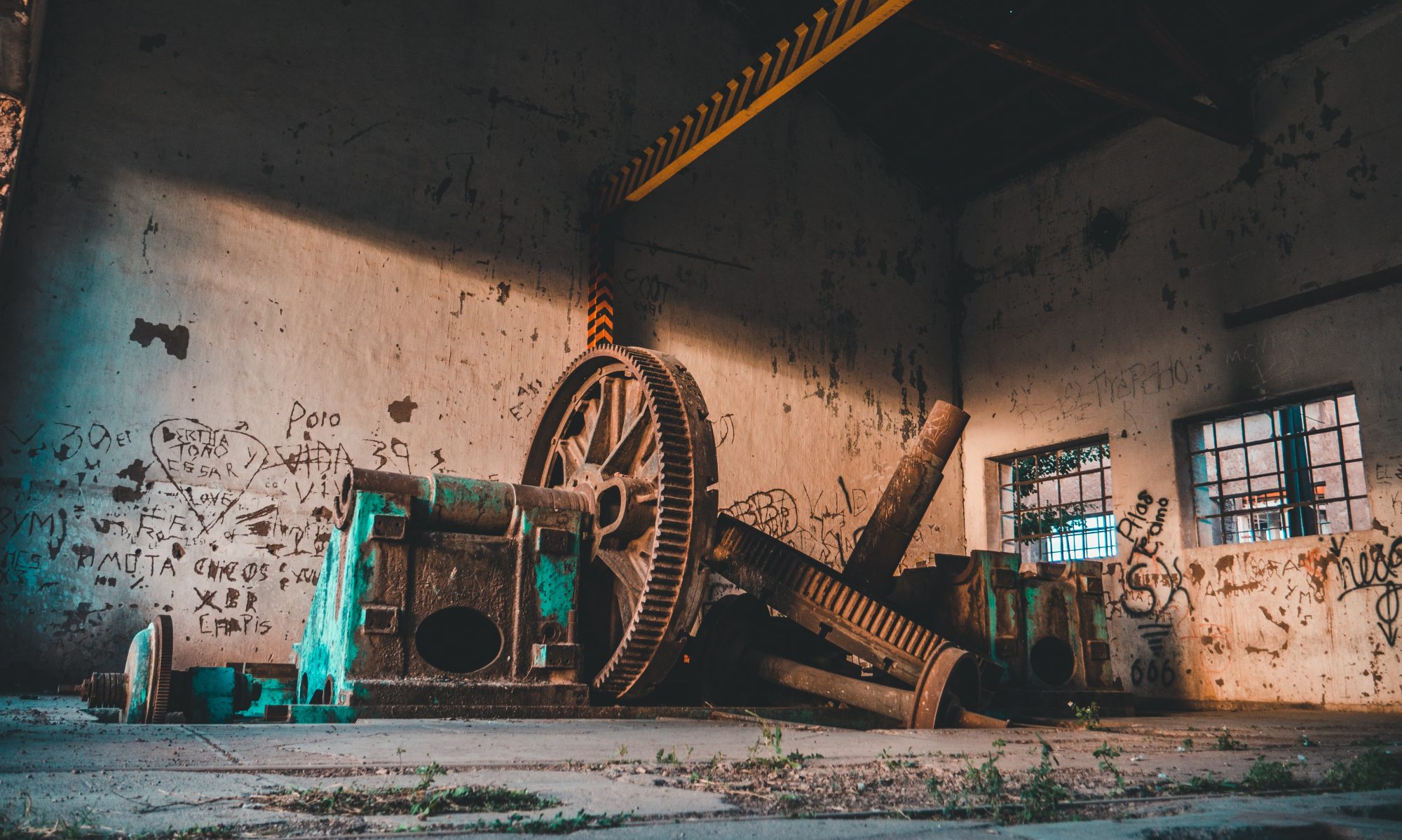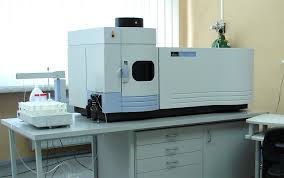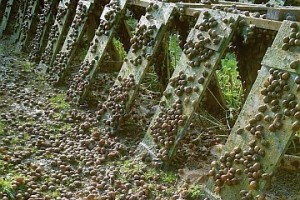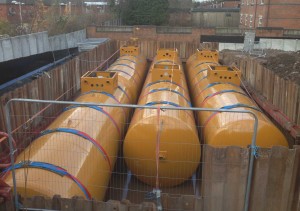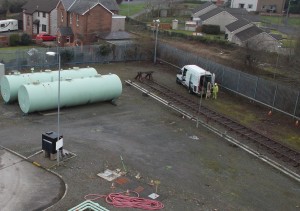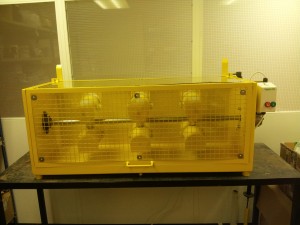
Ok, that claim may be stretching things a little, but our forensic analysis team have recently notched up a few notable successes. We were awarded a contract to treat petrol and diesel contamination in the soil and groundwater under a filling station. The site had a history of leaks, the most recent of which was six years ago. Since then one of our competitors had been trying (and failing) to clean the site up.
We were brought in to deal with the contamination once and for all. The first thing we did was to carry out some forensic analysis of the contamination using proprietary methods we have developed over the last 20 years. Our analysis indicated that there was an ongoing leak at the site, and was even able to pinpoint where on the site it was likely to be.
Our client commissioned precision tank and line testing which confirmed a slow leak under pump island 7 – just where we had predicted. The rate of leak – 0.29litres/hour – was actually below the precision testing threshold, meaning that the fuel lines passed the test and were certified as ‘not leaking’. However, this rate of leak would result in around 2,500litres of fuel entering the ground under the site each year – more than enough to cause serious contamination.
So the lessons learnt? Firstly, tank and line testing is very far from foolproof and fails to identify leaks that can cause serious environmental issues. Secondly, the timely use of forensic analysis can prevent significant time and money being wasted on ineffective remediation work.
For further information on our forensic analysis capabilities please contact Duncan Eastland or Kate Clark.
